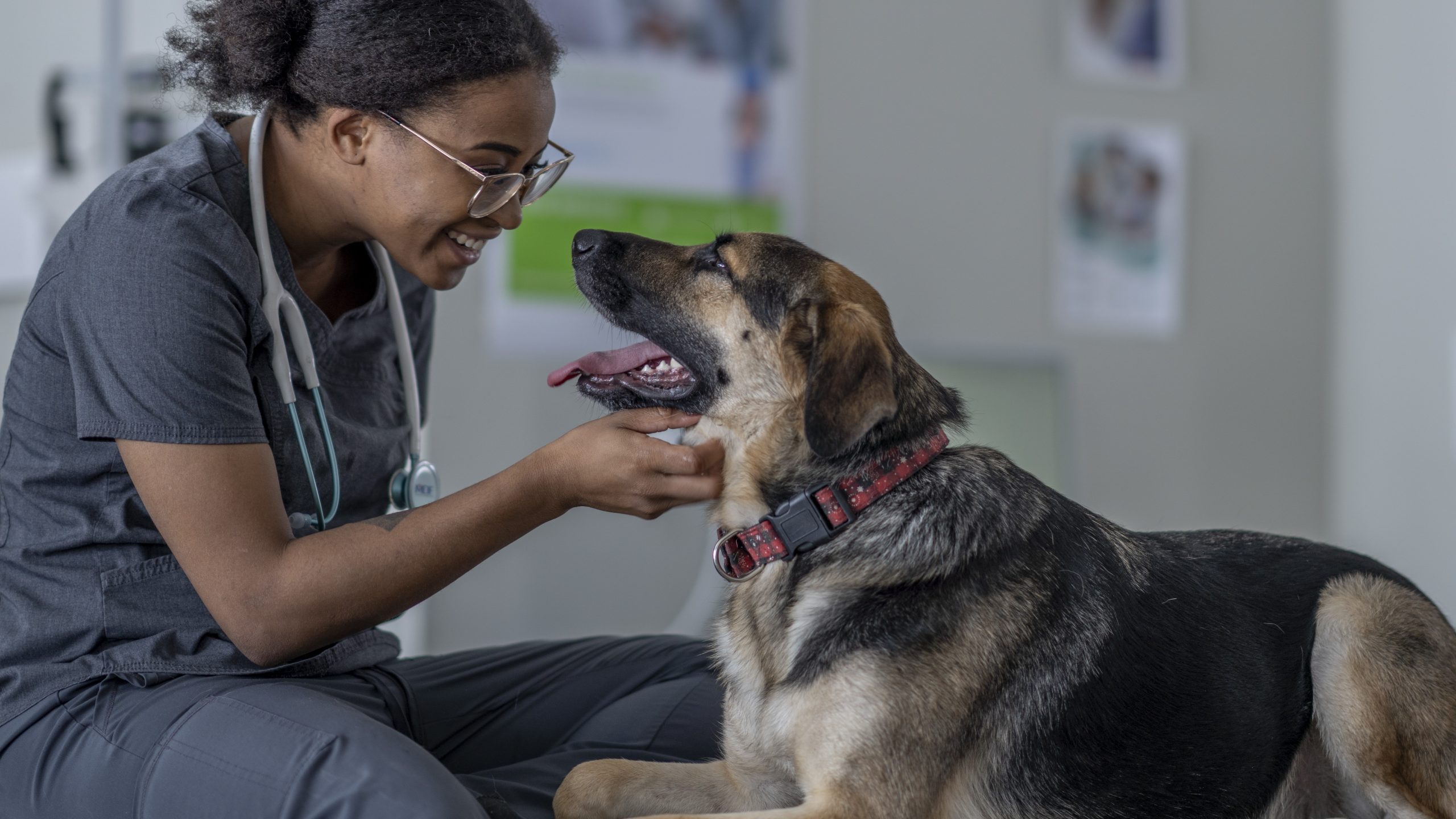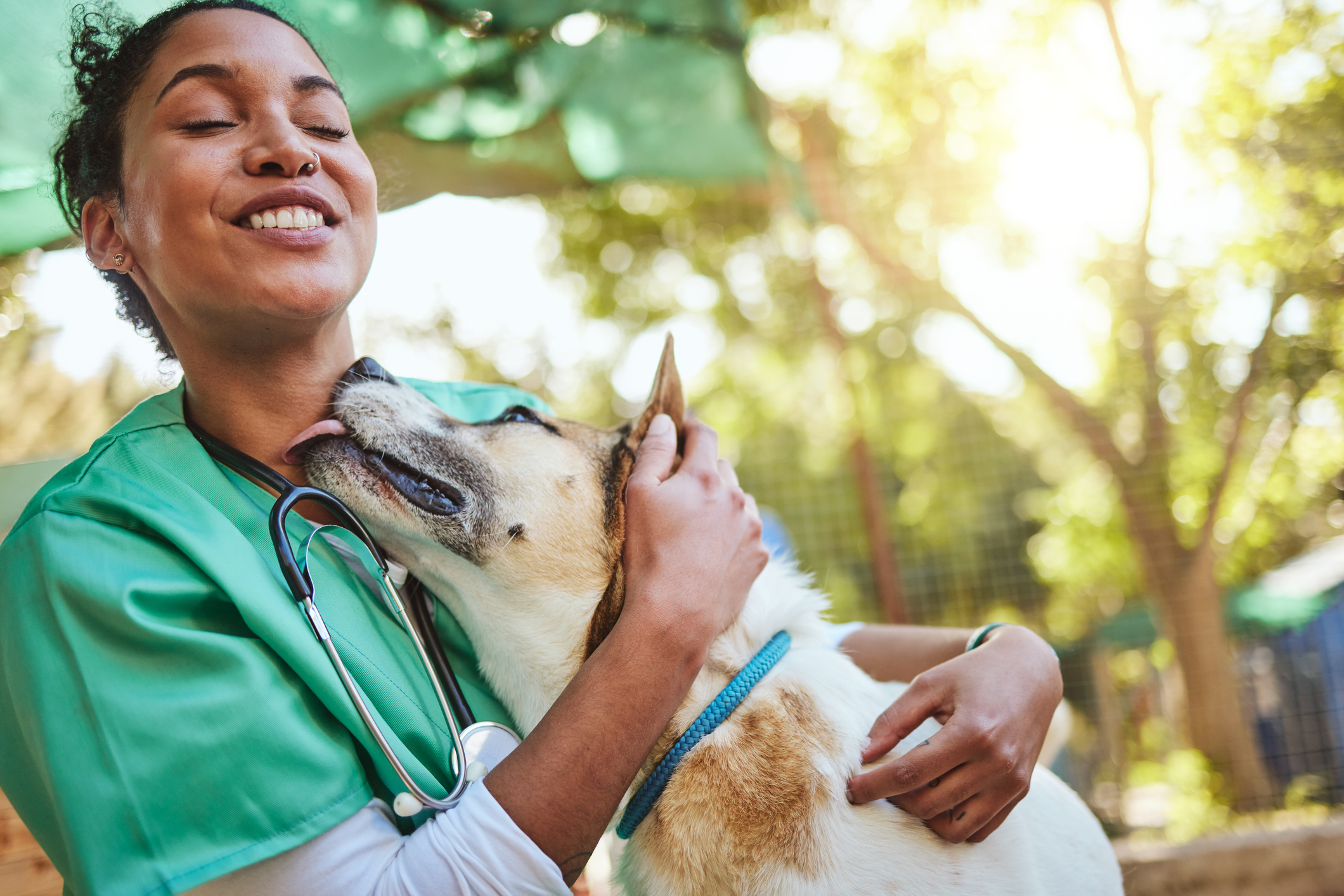Keep Your Pet Healthy And Balanced with Regular Pet Health Checkups from Trusted Vets
Keep Your Pet Healthy And Balanced with Regular Pet Health Checkups from Trusted Vets
Blog Article
Inoculation Guidelines From Your Trusted Vet
Inoculation standards supplied by your relied on veterinarian play a crucial role in safeguarding your pet dog's wellness and health. Furthermore, addressing typical misconceptions bordering vaccinations can additionally improve animal owners' confidence in these preventative measures.

Value of Inoculations
Inoculations play an essential duty in protecting animals versus a series of avoidable diseases. By boosting the body immune system to acknowledge and fight particular virus, vaccinations substantially reduce the occurrence of transmittable illness that can influence a family pet's health and long life. Not only do vaccinations safeguard individual animals, yet they also add to herd resistance, thus lowering the overall frequency of illness in the animal population.
Prompt vaccinations help to minimize the spread of illness such as rabies, parvovirus, and distemper, which can have extreme repercussions for both human beings and pets. Vaccinations are commonly a need for boarding centers, grooming services, and pet parks, making them crucial for those that wish to mingle their pet dogs.

Core Vaccinations for Animals
While the specific inoculation requirements of pet dogs can differ based upon specific elements, core vaccines are generally recommended to shield against one of the most common and severe diseases (Vet Enterprise). Core vaccinations are those regarded vital for all pet dogs, no matter their lifestyle or geographic place, as they guard against possibly fatal and highly transmittable illnesses
For pets, the core injections consist of those for canine distemper, parvovirus, adenovirus (hepatitis), and rabies. Adenovirus can result in liver disease, while rabies is a zoonotic illness that positions a risk to both people and pet dogs.
In pet cats, core vaccines include feline panleukopenia, feline calicivirus, feline herpesvirus (rhinotracheitis), and rabies. Feline panleukopenia is a very transmittable viral condition that impacts the immune system and intestinal tracts. Calicivirus and herpesvirus are major contributors to upper respiratory system infections in cats, while rabies continues to be a crucial issue for public wellness.
Talk to your vet to ensure your family pets receive their core inoculations on schedule.
Non-Core Vaccines Explained
Non-core vaccines are tailored to address specific threats related to a pet dog's direct exposure, atmosphere, and way of life to particular illness. Unlike core vaccinations, which are generally recommended for all family pets, non-core vaccinations are thought about based on individual circumstances. These vaccinations are particularly essential for family pets that might experience one-of-a-kind virus because of their geographical location, traveling other practices, or tasks.
Instances of non-core vaccinations this article consist of those for Bordetella bronchiseptica, which is connected to kennel coughing, and Lyme condition, created by ticks. Animals that regularly communicate with various other pets, such as those in boarding facilities, dog parks, or grooming settings, may take advantage of Bordetella vaccination. Similarly, if you reside in a location where Lyme illness prevails, vaccinating versus this illness can be a prudent choice for outdoor-loving canines.
Various other non-core injections might include those for leptospirosis, canine flu, and feline leukemia, relying on the specific risk aspects existing. It is important to have a detailed discussion with your veterinarian about your pet's way of living and the possible need for these injections, making sure a customized vaccination technique that ideal safeguards your fuzzy buddy.
Vaccination Set Up Summary

As animals grow, it is important to comply with the suggested booster inoculations. Veterinarian Enterprise. For grown-up pets, core vaccines are generally provided every one to three years, relying on the specific vaccine and local guidelines. Non-core injections may be recommended based on lifestyle factors and regional disease prevalence, necessitating a customized strategy
Normal vet check-ups are important for updating vaccination schedules. Your veterinarian can provide advice on the most proper immunizations for your animal, factoring navigate to these guys in age, wellness condition, and environmental threats. By staying aggressive and educated, pet owners can ensure their hairy buddies receive efficient and timely vaccinations, consequently securing their wellness and health throughout their lives.
Typical Misconceptions Regarding Injections
False impressions regarding pet inoculations can result in confusion and unwillingness among pet owners concerning the immunization process. One prevalent myth is that vaccines are unnecessary for interior family pets. While it holds true that interior family pets encounter reduced risks, they are not totally immune to conditions, as virus can be presented through numerous means, including human garments and other animals.
One more misconception is that vaccinations can create the conditions they aim to avoid. In truth, the majority of vaccines consist of inactivated or undermined virus, which can not trigger illness in healthy and balanced pets. Some pet owners additionally think that their animals ought to not be vaccinated if they are currently healthy and balanced; nevertheless, inoculations are an aggressive step that aids stop the start of health problem.
Furthermore, lots of family pet proprietors are afraid that injections will lead to long-lasting health and wellness issues. While adverse effects can occur, they are usually light and momentary. The advantages of vaccination-- protecting family pets from possibly dangerous diseases-- far surpass the dangers. Comprehending these common myths is important for liable pet ownership and ensuring the health and wellness of your furry buddies. Constantly consult your veterinarian for accurate information customized to your pet's certain demands.
Verdict
In recap, adherence to inoculation guidelines is crucial for making sure the wellness and durability of animals. Resolving usual misconceptions bordering inoculations additionally reinforces the relevance of educated decision-making in animal care.
Not just do inoculations shield private animals, yet they also contribute to herd immunity, therefore minimizing the general occurrence of illness in the pet dog population.
Misunderstandings regarding animal vaccinations can lead to complication and hesitation amongst animal owners relating to the immunization process. While it's true that interior animals deal with reduced dangers, they are not completely immune to diseases, as microorganisms can be presented with different methods, including human clothes and other family pets.
Some pet proprietors likewise think that their pet dogs need to not be vaccinated if they are currently healthy and balanced; nonetheless, vaccinations are a proactive step that aids protect against the start of ailment.
The advantages of vaccination-- securing pets from possibly dangerous conditions-- far surpass the threats.
Report this page